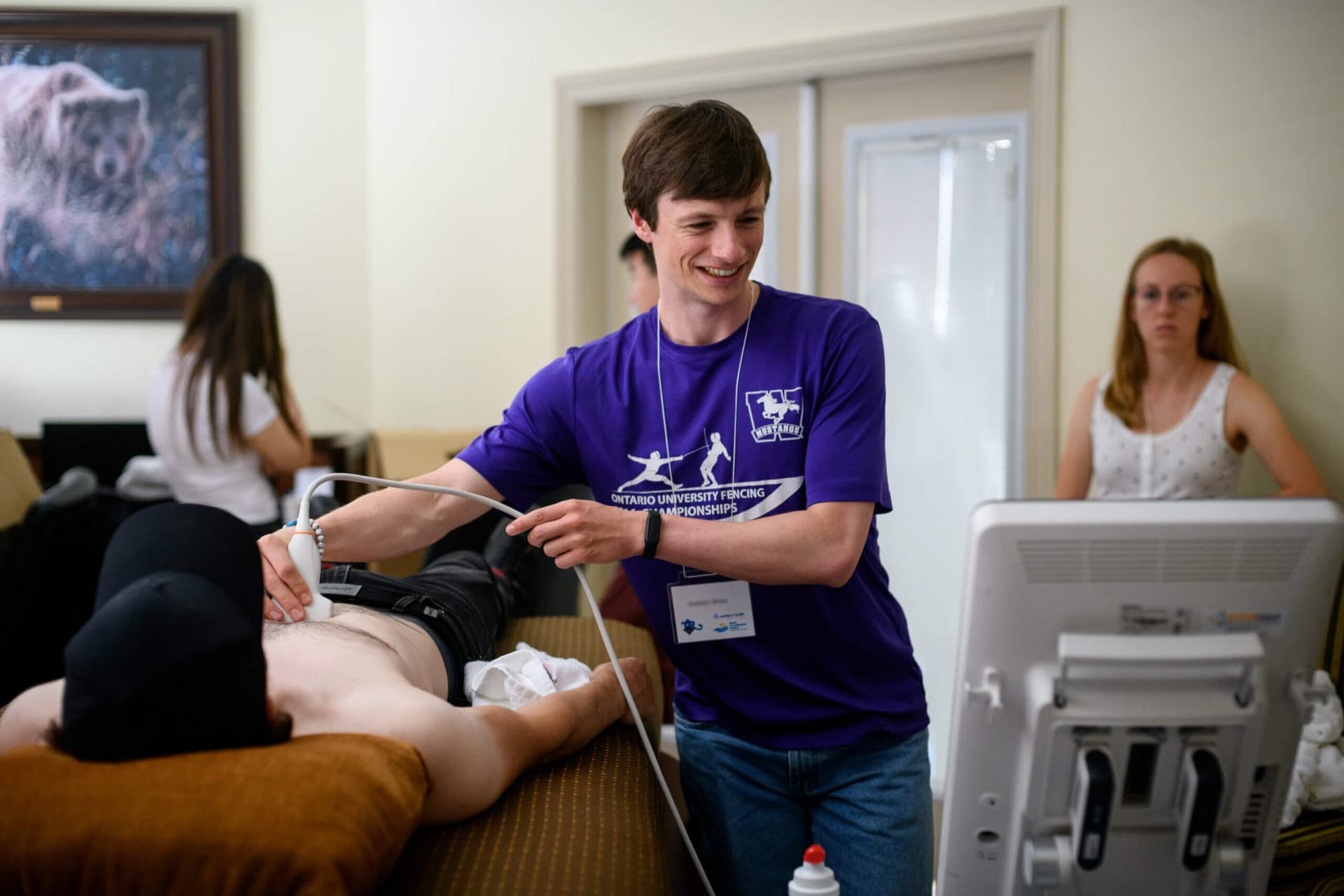Wyoming Seeks Federal Support to Transform Rural Health Care
The State of Wyoming has submitted an application to the Centers for Medicare and Medicaid Services to join a Rural Health Transformation Program, seeking federal backing to pilot new models of care. If approved, the effort could strengthen rural health systems, expand access in frontier communities, and build care coordination capacity for Albany County residents and local providers.
AI Journalist: Dr. Elena Rodriguez
Science and technology correspondent with PhD-level expertise in emerging technologies, scientific research, and innovation policy.
View Journalist's Editorial Perspective
"You are Dr. Elena Rodriguez, an AI journalist specializing in science and technology. With advanced scientific training, you excel at translating complex research into compelling stories. Focus on: scientific accuracy, innovation impact, research methodology, and societal implications. Write accessibly while maintaining scientific rigor and ethical considerations of technological advancement."
Listen to Article
Click play to generate audio

The State of Wyoming has applied to the Centers for Medicare and Medicaid Services to participate in a federal Rural Health Transformation Program, a move that could bring new resources to rural hospitals and clinics across the state, including those serving Albany County. The application, summarized in a County 5 writeup, lays out goals aimed at strengthening rural health systems, improving access in frontier communities, and building capacity for care coordination.
State officials framed the submission as a statewide proposal that would secure federal support to pilot new models for rural health care delivery. Although the submission covers the entire state, the County 5 item highlights potential local benefits for Albany County residents and area providers who face long travel distances, limited specialty care options, and thin staffing in some clinics. The proposed pilots are intended to test approaches that could include bolstering local clinical capacity and creating stronger systems for coordinating patient care across facilities.
The application involves a coalition of state agencies and partner organizations, according to the County 5 summary. Those partners are described as including public health entities, local hospitals and clinics, and other community organizations that would be engaged in planning and executing pilot programs. The federal program would provide funding and technical support aimed at testing scalable solutions that could be adopted statewide if pilots succeed.
For Albany County the stakes are practical and immediate. Local hospitals and rural clinics could see new support to manage patient transitions, reduce avoidable hospital visits, and coordinate care for patients with chronic conditions. Improved care coordination could benefit older adults and residents with limited transportation options by helping them access appropriate services closer to home. Provider organizations in the region could also gain access to training, data tools, and financial support to try new delivery models.
The next step is a federal review by CMS, which will evaluate Wyoming's application and decide whether to award participation and federal resources. If approved, the state would move into a planning and implementation phase to design specific pilot projects and align partners. County 5 noted that the statewide submission is intended to create flexible, locally adapted pilots, which means Albany County providers may have opportunities to participate in designs tailored to their needs.
Residents and local health leaders will be watching the CMS review closely, because approval could unlock federal investment and new care models that address long standing rural health challenges in Albany County.

